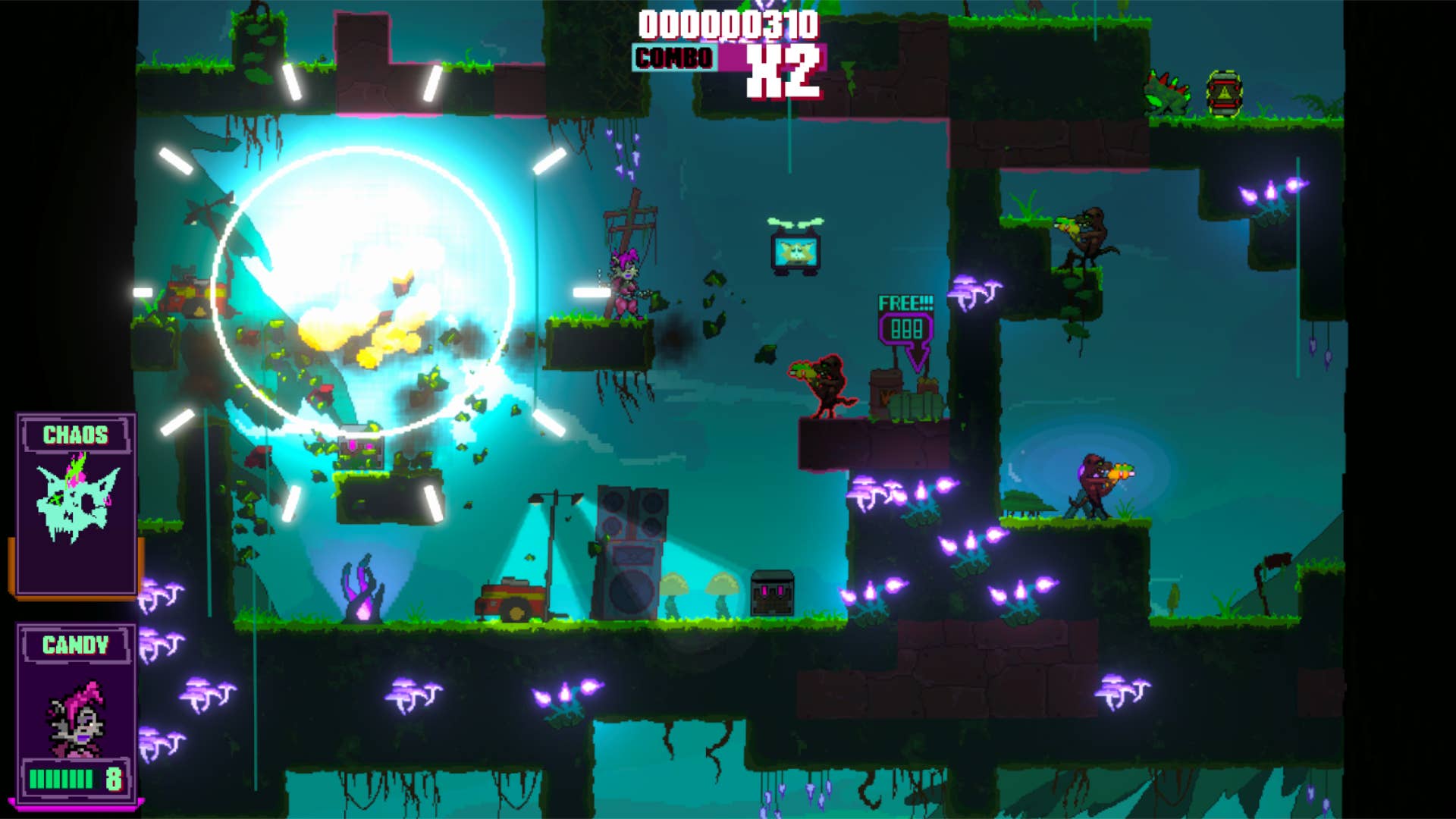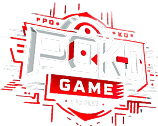In recent years there have been a lot of writings about the anonic group. Since its inception in 2021, the company has set a name for itself, thanks to a mass integration and acquisition strategy that has helped him to achieve Virtual Reality Specialist Ann Dreams, Warren Spectators entertainment, and aid to obtain Liverpool -based milk tea.
Like many businesses, the Evanic Group was started with frustration. Co -founder Paul Scheme and Oliver Heinz wanted to invest and invest in medium -sized studios, their owners were not interested, because they feel that these developers were often very few, despite being wild.
So Hans left his role in the MTG, while the scheme earned investment from the active -owned capital, which is an investment firm in which he was a partner, searched the Ounic Group. Their aim was to help medium studios reach their full potential.

Chief Product Officer Heinz told Gi.biz, “We have seen many companies, even some of them are 20 years old, who are still very early in their journey.” “They just need someone who helps them.”
When it comes to supporting middle-sized developers-or double I, indi-a, whatever is your choice of bizarre-it’s less about the budget. This is definitely a factor, but Hainz says there are many elements who go to choose which projects return.
“The whole industry needs to change the budget viewing procedures,” said Heinz explained. “I would say that we really need to believe in vision. Are the audience in this game? Is it entertaining?
“Secondly, we need to consider whether in view of the dynamic nature of the market, we can build this game within a reasonable time.” “We will not want to back a game that will take seven or eight years to make it, because we do not know how the world will look like this time.
“Lastly, we assess market opportunities for products. How big is the market? How much saturation is the market?”
Heinz says: “Of this, we calculate what the size of the potential accessible market is, then think about how good the game is and how successful we can get.
As mentioned, the ounce has been involved in the purchase since its inception. When it was arranged, the purpose was to own 12 companies by 2026. The firm is already very close to that goal, including the megabytes of publishing arm, which he launched in 2024.
But Aunak says he is careful with his M&A strategy, choosing to be selected instead of buying whatever is.
“We wanted to create a group where people help each other,” says Hens. “Harmony is very important to us. Whenever we see a company, we are guessing whether it can increase the price of this group. One plus needs to be more than one. We are a sports group, which is a home of small medium sized studios, which wants to be part of a highly harmonious group and family.”

These harmony include studios so far that make a team to combine their mobile and IP knowledge to develop a product for an unknown American corporate giant. The ounce has also helped others stay small by moving outsourcing.
“They don’t want to be more than 50 or 60 to keep creativity on a big flow,” Heinz explained. “But they need more production. AAA has a high cost over outsourcing, but the biggest problem is that you do not know people working in your game.
“We have a BKOM, an outsourcing company based in Canada. We have eliminated the outsourcing and instead decided to decide to source with BKOM. Now we do not need to pay a margin for a third party, which costs 40 to 60 percent.”
Listeners discuss the M&A strategy that not only is ready to grow in a European Power House but also to introduce harmony and improve utility. With the Embress Group’s Lars Wings in 2018.
As you have read, things of this particular European sports giant have not been too much in the past few years. It was contested and after working on a M&A activity -worth -purchase facility, some bad financial calls were made.
“We have sports that cost 000 100,000, we have (sports) costing 40 million. We just need to believe that it’s a viable business.”
Oliver Heinz, the iconic
But Heains believes that Aunic will not face the same destiny due to some important strategic differences.
He explained, “The companies we get are on a very different part of the journey.” Embresser has bought a huge, established companies with large brands and IPS. We didn’t buy such companies. We only buy companies where we believe they have two, three, or four steps ahead. The largest company we have received so far is currently only 79 members. It’s easy to work with small companies.
“The second advantage is that we are not public. Whatever Lars and Galer did, it was for the price of the shares, which is a fair and accurate strategy. They made contracts, which is why, which is legitimate.”
“As a CEO, Lars was the responsibility of our investors. We do not have it. We do not have investors, but our strategy is focused on a long -term period of mid -term. We have the luxury of being able to buy companies that we have no effect on knowing it.”
Its megabyte publishing arm was founded – once again – he signed it for disappointment with some of the studios obtained.
“We have published publishing contracts that were just terrible,” says Hans. “Some publishers say they will pay 50 percent development costs to the developers, but they want 80 percent of the tax after withdrawing their money, and they do not guarantee Davis.
“There are two reasons why people accept these terms: one capital, (because) the studios eliminate the money to end the game. But the second problem is that if you are a game studio, especially one indie, you don’t have the money to keep your publishing team. The megabytes are working as a publisher for all the sports, but the company is also signing third party titles.
“The first party is important to us, it is a long -term value creation for the tunic,” Hans explained. “Third party is also important because we have to re -feed in the ecosystem. We want to have more third party. It is very easy, now we have a name and we have some incredible pitch. It is appropriate to say that it is a low risk for us. The total price creation is not the same, but the capacity of the tax is not the same.”

So far, most of the coverage around the ocean group is focused on its investment and acquisition activity. There is still much more, but Heinz says the momentum has slowed.
He says, “We still need some parts in our tech vertical.” There are still some small pieces and pieces we want to add.
“In sports sports, we are still not enough with mobile. That’s what we are still looking for. When we first saw the companies were either not matching the group or very expensive. There was a gold rush during the covid. People paid incredibly high for mobile studios.
“We want to make a financial deals because we are not yet public, so we have to look at the blows we draw. Now we are looking for some mobile game companies. M&A is still happening, but more selected and targeted.”
Not public… yet. Certainly, an IPO is something that can be of interest in the future.
“It always depends on who you ask,” Heinz laughs. “We certainly intend to have an external event. We are a company in which a lot of investment was invested through active property, and we have another investment. Finally they want to return their money. Our goal is to keep an external event and we are intended to give our employees a lot of employees.
Looking at the future, Heinz wants both to make an opinion to make a great game for the market, while it also ensures that it is doing the right thing through its backers.
Hans says, “We want to stick to the path of development.” For example, we will not have years without development because it is more interesting. Most importantly, we always want to be a dynamic company that will always be able to adjust to the market.
“If you look at the sports market five years ago, it is very different from us today. We always want to be a company that can adjust where possible.”
